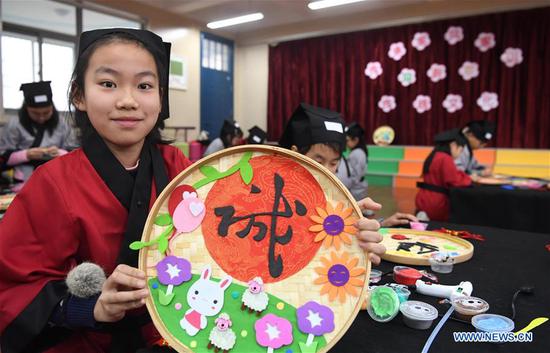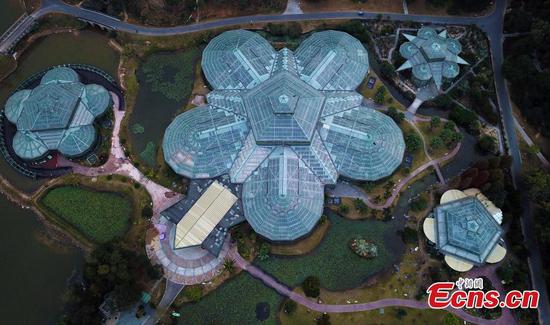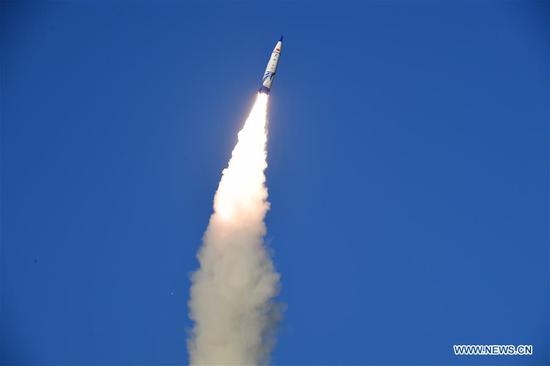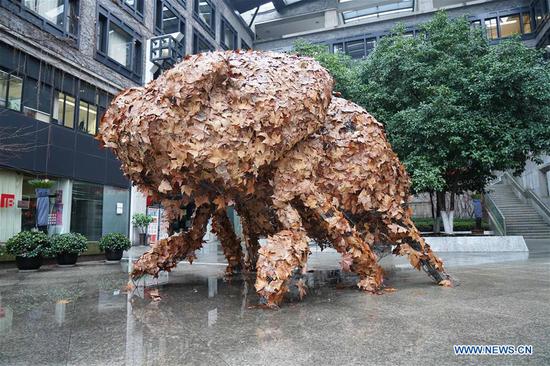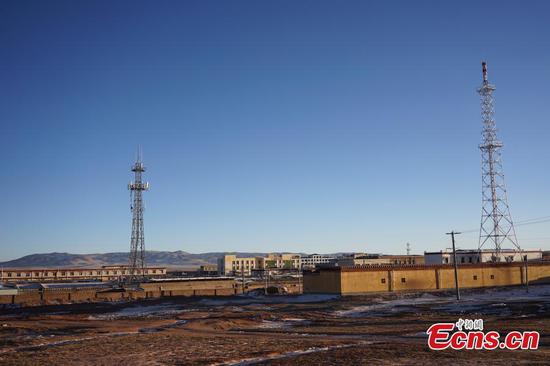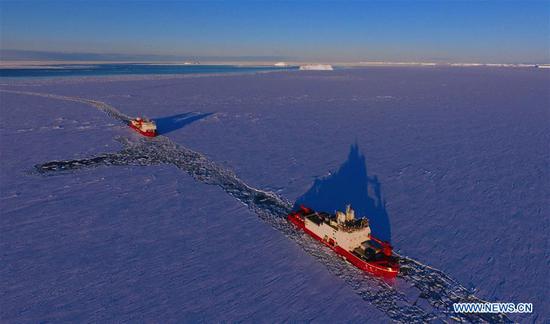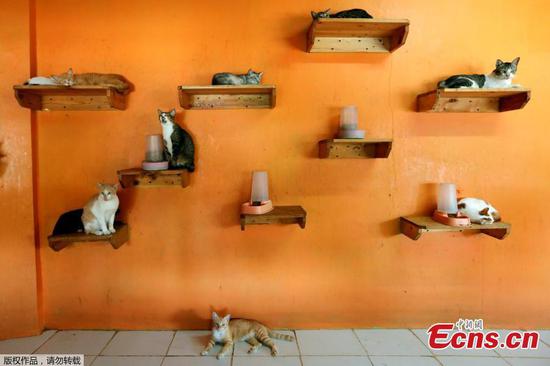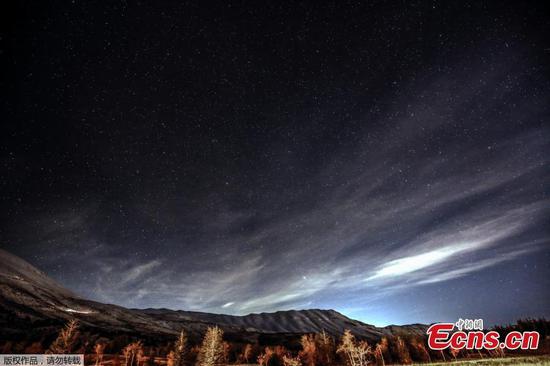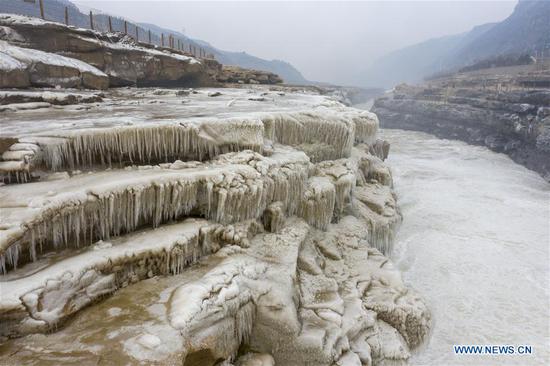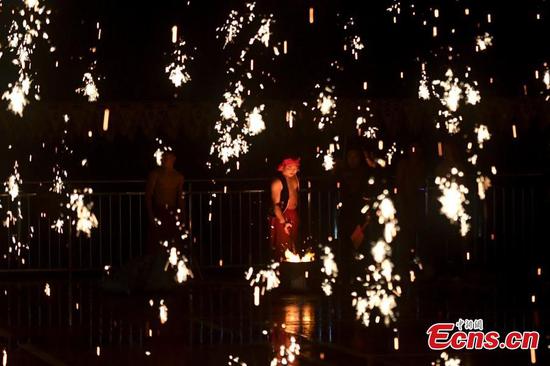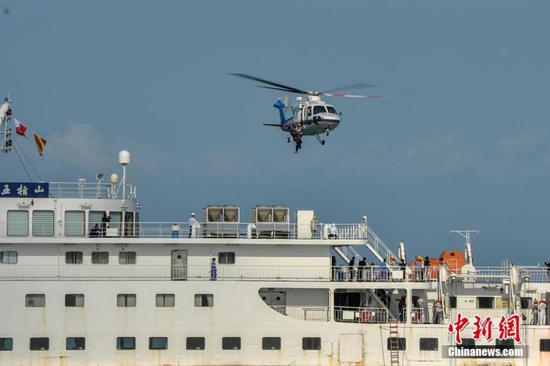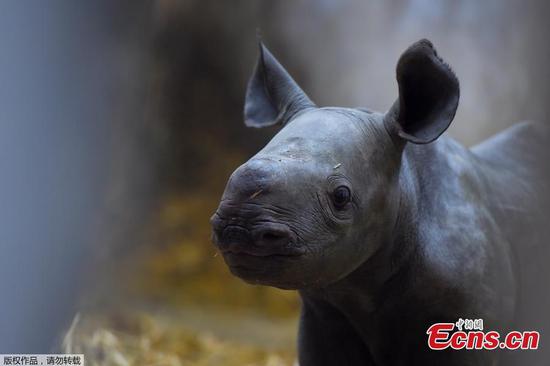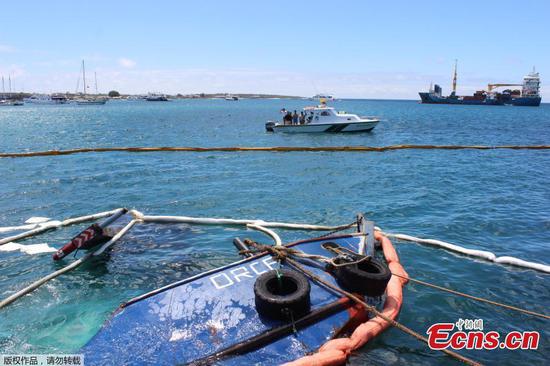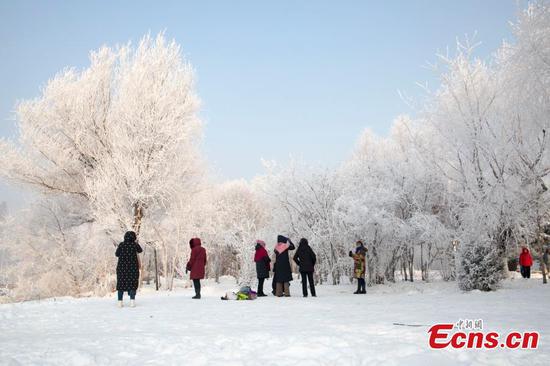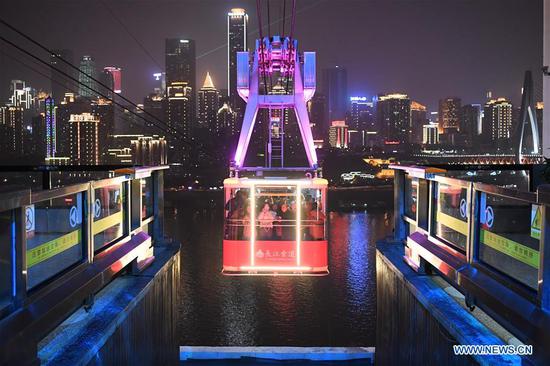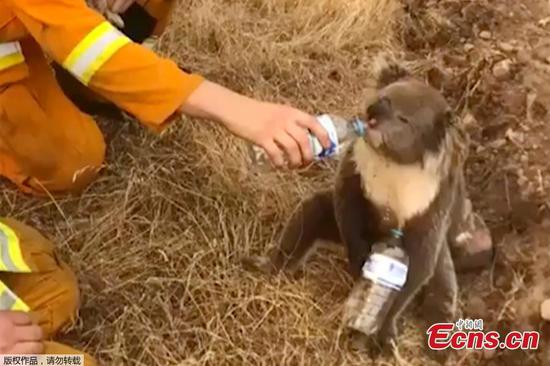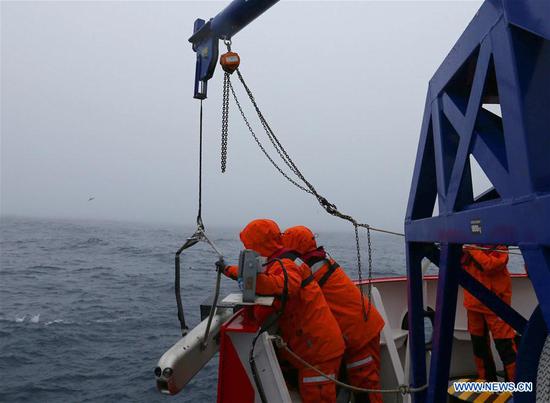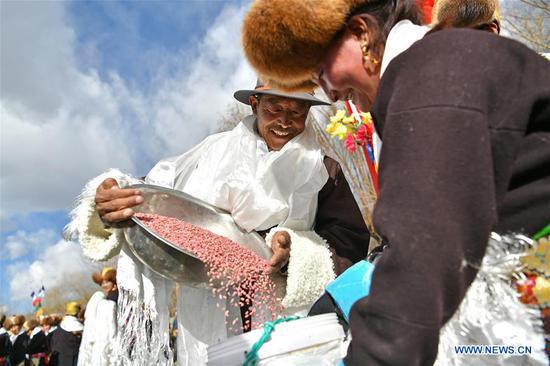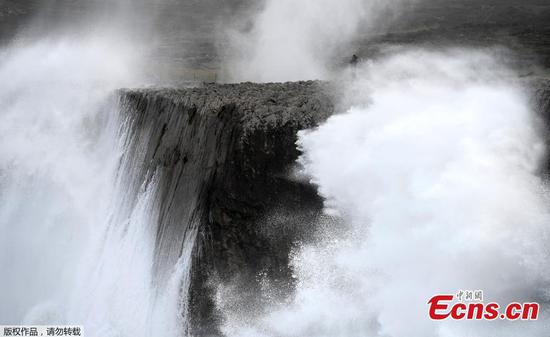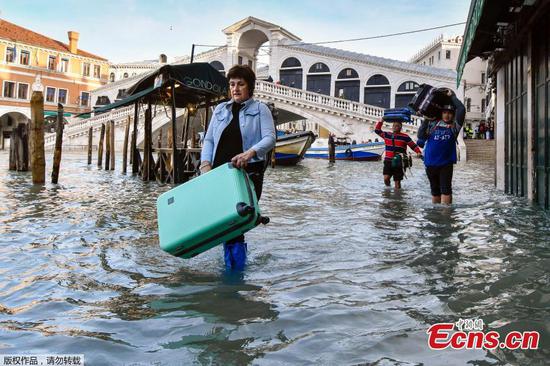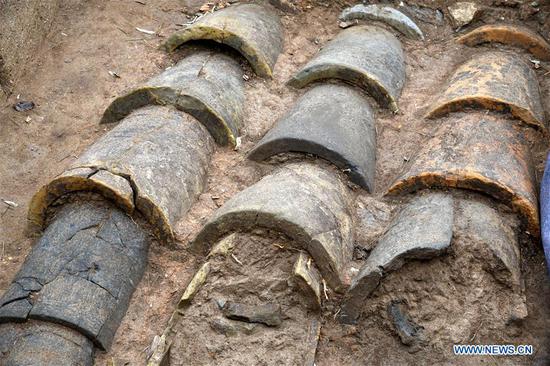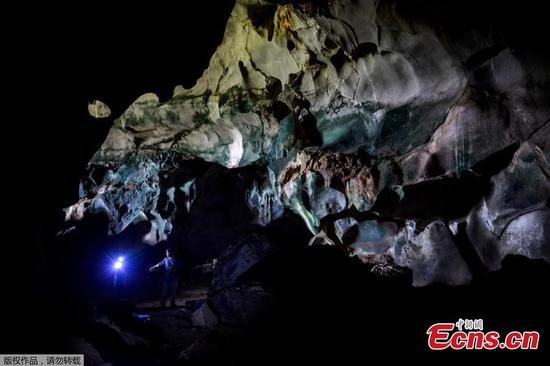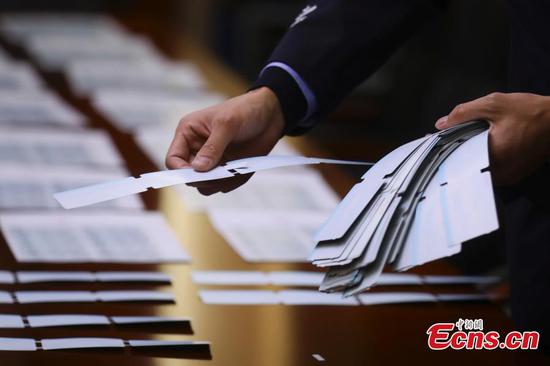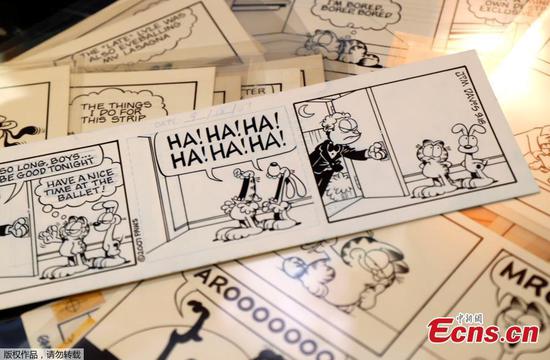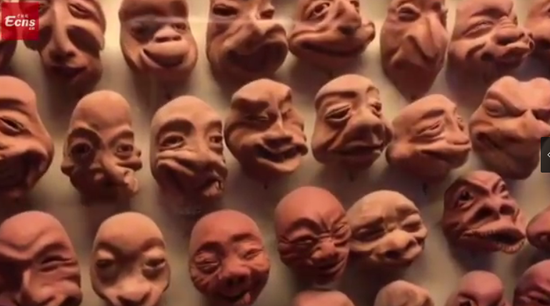Concerns have been expressed in China and South Korea over a proposal by the Japanese government that may see massive amounts of radioactive water from the tsunami-hit Fukushima nuclear plant dumped into the Pacific Ocean.
Against the backdrop of safety fears, experts have called for greater transparency on the plan from the Japanese government.
"Dumping the contaminated water into the sea is no longer a domestic problem of Japan but a grave issue that affects the whole marine environment," said Yu Qiang, a researcher of Japan studies at the University of International Relations in Beijing.
The international community, especially Japan's neighbors, deserves more details and should have a say in the decision-making process over the contaminated water, Yu said.
On Monday, Japan's Ministry of Economy, Trade and Industry proposed, as one option, the gradual release of nearly 1.2 million tons of the water that have been stored in above-ground tanks at the plant.
The radioactive water, which now comprises groundwater that seeps into the plant and rainwater, initially served to cool the plant's reactors after they melted down in March 2011 in the worst nuclear accident since the Chernobyl disaster in Ukraine in 1986.
Nine years after the Japanese disaster, the water still occupies 1,000 huge tanks at the Fukushima Daiichi complex-enough to fill more than 400 Olympic-sized swimming pools, and it is still accumulating.
With the storage tanks forecast to fill up by mid-2022, the Japanese government has for years been discussing how to dispose of the liquid.
On Monday, the ministry presented three options from a group of experts: a gradual release of the water into the ocean, evaporation, or a combination of the two methods.
The ministry said a controlled release into the sea was the best option because it would "stably dilute and disperse" the water from the plant using a method endorsed by the United Nations' Scientific Committee on the Effects of Atomic Radiation.
According to the ministry and plant operator Tokyo Electric Power Co, or TEPCO, all 62 radioactive elements contained in the water can be removed to levels not harmful to humans before it is released. An exception is tritium, an isotope of hydrogen that experts say is harmful to humans only in very large doses.
"If the water is processed, the only radioactive materials that remain are low levels of tritium. Releasing it into the ocean would be the best solution in terms of cost and safety," said Kazuya Idemitsu, a professor of nuclear engineering at Kyushu University. Nuclear plants around the world release diluted water containing tritium into the seas, Idemitsu said.
However, Yu said that more data is needed to back Tokyo's claims, because the information released by Japan is oblique and sometimes self-contradictory.
Yu said that until 2018, TEPCO indicated that the vast majority of the water contained only tritium and was safe for discharge under Japanese government standards. But a briefing by Japan's Economy and Industry Ministry in November showed that more than three-quarters of the water still contain radioactive material other than tritium-and at higher levels than is safe for humans, Yu said.
Mun Mi-ock, South Korea's first vice-science minister, had called for more pressure to be exerted on Japan at a general assembly of the International Atomic Energy Agency or IAEA, in September.
"It is necessary for the IAEA to carry out on-site investigations on the current status of the Fukushima plant and its contaminated water," she said, adding that it is important to establish standards and methods for the disposal of the water so as not to burden future generations.









